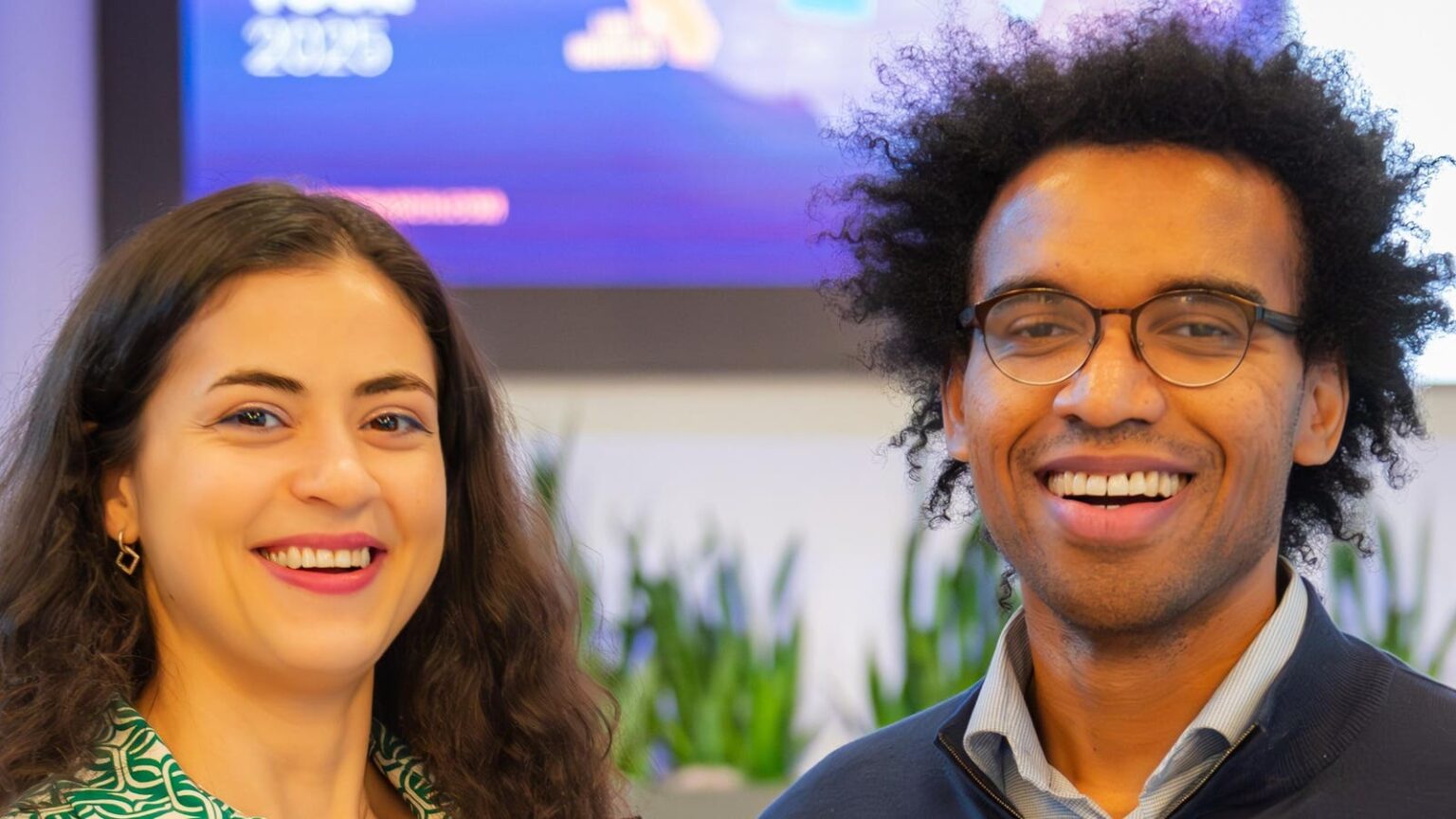See & Be Kitchen runs a sourdough wholesale bakery in the Catskills. Brooklyn Robot Foundry helps children and teens build robots. ZIPS Cleaners dry cleans any garment for $3.49. Pastanito sells fresh pasta quickly. Chick-fil-A sells favorites like its chicken sandwich from 3,000 locations, generating nearly $22 billion in annual revenue.
All five franchises presented at the first New York City stop on the WeFranch owner-operator franchise tour, a seven-city nationwide event that has its next leg on May 8 in Miami. The next stops are a return to New York City on June 3; Portland, ME on August 5; Denver on Sept. 9; Seattle on Sept. 11 and Los Angeles on Oct. 7.
Gregory Ugwi, co-founder of the WeFranch platform—a provider of free data to help prospective franchisees evaluate opportunities—organized the tour with Mariyam Shamshidova, WeFranch’s growth product manager. Their goal: to help aspiring entrepreneurs better understand franchising.
“The goal is that anyone who wants to find a franchise—anyone who wants to find a million-dollar business they can run themselves, for example—if that’s their criteria, they should be able to do so,” Ugwi said. “Many people are talking about a white-collar recession. We don’t think it’s a recession—we think it’s structural. So many jobs are just going away. We think white-collar work is going to be under continuous pressure from AI. One clear place where you can’t be replaced is if you’re an actual business owner in your community.”
Against this backdrop, franchising is on the rise, according to the International Franchise Association (IFA). The number of franchise establishments is projected to grow 2.5% in 2025, following 2.2% growth in 2024. Growth in the Southeast and Southwest is expected to be even higher—6.2% and 8.5%, respectively. Drivers include favorable economic conditions, technological advancements, and continued consumer spending, according to the IFA’s Franchising Economic Outlook. The fastest-growing segments are personal services and retail food, products and services.
WeFranch, based in New York City, launched the tour to connect franchisees with franchisors in convenient, local venues. “One issue with the franchise industry is that it’s not concentrated in any one industry,” Ugwi said. “Some of them might be doing robots, some might be teaching kids sports, some might be doing restaurants. By definition, they’re all over the country. There is no Silicon Valley, and there is no Wall Street for franchising.”
Ugwi, who grew up in Lagos, Nigeria, became interested in franchising after observing the potential to build wealth in a business that could set its own prices.
“If you’re in the wrong business, you can just work forever and not get anywhere,” he said. “And if you’re in the right business, things just happen.”
After graduating from Princeton University, Ugwi founded Thinknum, an alternative data startup that raised $15 million before selling it to a private equity fund. It was at Thinknum that he met Shamshidova. Before that, Ugwi built models for valuing franchises at Goldman Sachs.
Now, he aims to bring that data-driven approach to franchisees looking to select the right opportunity.
“In many ways, it’s like stocks,” he said. “You have good stocks, and you have bad stocks, but it’s just a tool for building wealth. But you want to be like Warren Buffett. You want to make intelligent decisions. You want to be wise.”
Read the full article here

